The JSCs pay particular attention to the legal education of young media professionals. Experience shows that beginners can get into difficult legal situations due to a lack of knowledge.
A telling case occurred in Lviv when a young man approached the Unified Western Ukrainian JSC with a question about the legitimacy of a journalist’s certificate obtained at private courses. The Center‘s coordinator, Nataliya Voitovych, forwarded the request to the hotline’s lawyers. IBC Legal Services specialist Danil Serbin provided a clear explanation: a journalist’s certificate is valid only if it is issued by a media entity, a professional or creative union of journalists, and contains all the necessary details.
In conditions of martial law, legal issues acquire special importance. Therefore, the Centers regularly organize meetings of young journalists with experienced media professionals and lawyers. Recently, such a meeting was held at the Ivano-Frankivsk JSC for master’s students of the Precarpathian National University.
The editor-in-chief of the Halychyna newspaper, Vasyl Moroz, spoke about the practical aspects of registering a media outlet in accordance with the new law. The cooperation of the Center, Viktoriya Plakhta, informed about the opportunity to receive free legal advice on the NUJU hotline, which operates with the support of UNESCO and the International and European Federations of Journalists.
“In modern conditions, journalists, especially beginners, must have basic legal knowledge. This is a matter not only of professional competence but also of safety,” the JSCs Coordinator emphasize.
ABOUT UNESCO
UNESCO is the United Nations Educational, Scientific, and Cultural Organization. It contributes to peace and security by promoting international cooperation in education, sciences, culture, communication, and information. UNESCO promotes knowledge sharing and the free flow of ideas to accelerate mutual understanding. It is the coordinator of the UN Action Plan on the Safety of Journalists and the Issue of Impunity, which aims to create a free and safe environment for journalists and media workers, thus strengthening peace, democracy, and sustainable development worldwide. UNESCO is working closely with its partner organizations in Ukraine to provide support to journalists on the ground.
The designations employed and the presentation of material throughout this digest do not imply the expression of any opinion whatsoever on the part of UNESCO concerning the legal status of any country, territory, city, or area or its authorities or concerning the delimitation of its frontiers or boundaries.
The authors are responsible for the choice and the presentation of the facts contained in this digest and for the opinions expressed therein, which are not necessarily those of UNESCO and do not commit to the organization.

 THE NATIONAL UNION OF
JOURNALISTS OF UKRAINE
THE NATIONAL UNION OF
JOURNALISTS OF UKRAINE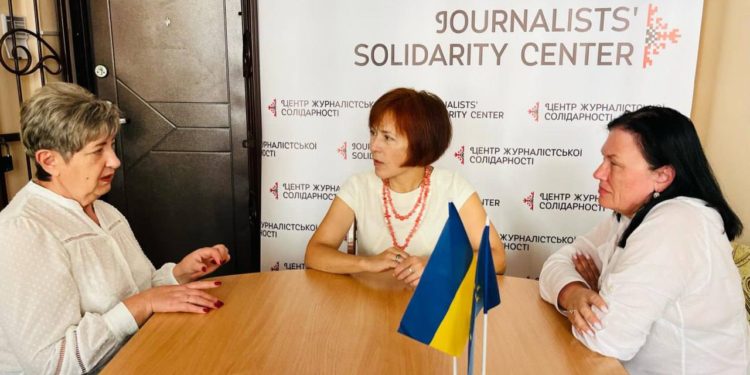
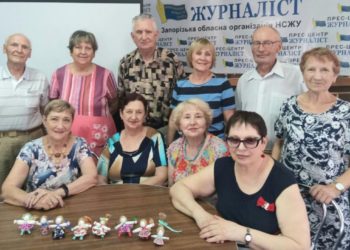
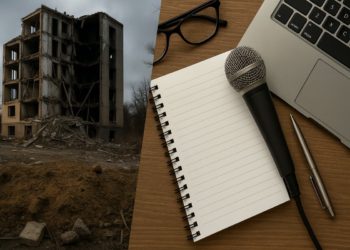
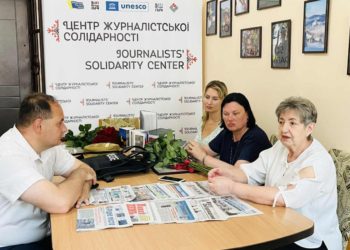

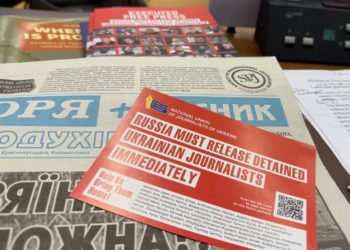











Discussion about this post